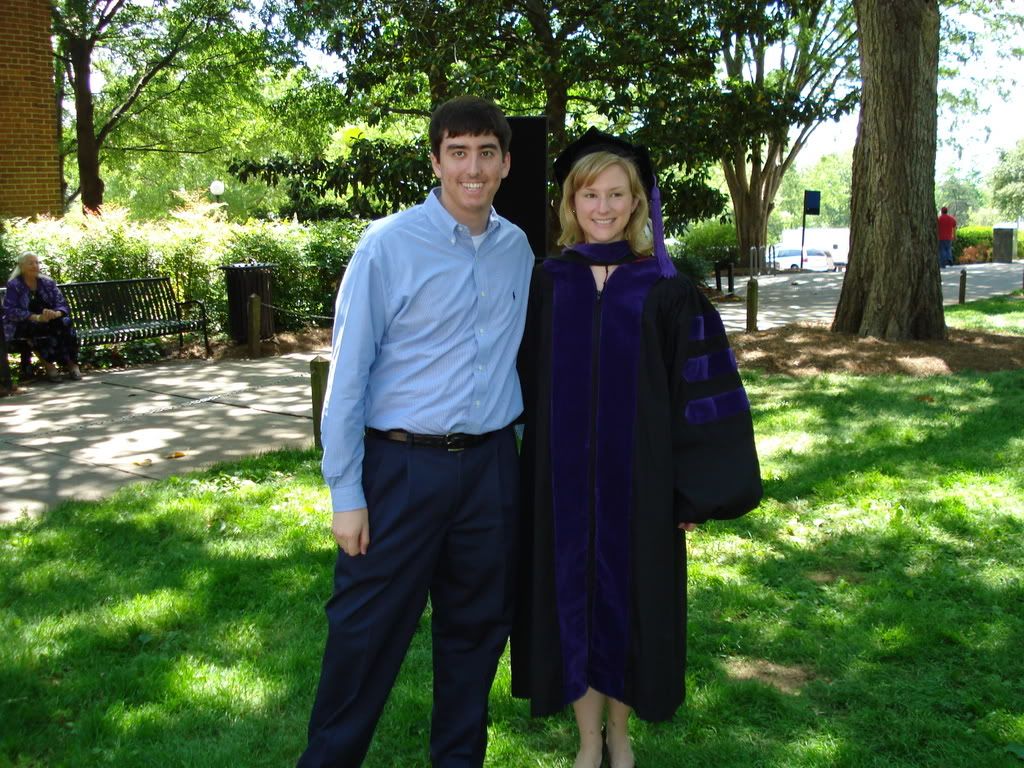Sunday, June 17, 2007
George Bernard Shaw
At first reading Pygmalion, I could easily understand Shaw's connection with Henrik Ibsen. It was also only with Shaw that I first understood the nature of the transition from Victorian to Modern writing. In Victorian literature there was a tendency towards heroic characters or at least characters with above average moral tendencies. Or as Freud would say, persons dominated by their super-egoes. In Pygmalion, the characters are for lack of a better word, more complicated. In the first act the main characters of the play are introduced: Higgins and Eliza. Higgins is a bossy and somewhat boorish expert on phonetics and Eliza is a self-pitying and somewhat selfish flower-girl. Neither of these characters would be considered Victorian by any notable measure. What struck me most about Pygmalion, besides its title, is the true complexity of the characters. No character is inherently good or inherently bad. Each one has characteristics, bad habits, tendencies, whatever you wish to call them that both earn the audiences disdain and admiration. For example, in the opening act of the play Higgins says to Eliza, "A woman who utters such depressing and disgusting sounds has no right to be anywhere - no right to live" (Shaw 1013). Only a few lines later, however, Higgins (and this is merely stage direction but the narrator is, I believe, to be trusted) gives Eliza money while "hearing in it [the church bells] the voice of God, rebuking him for his pharisaic want of charity to the poor girl" (Shaw 1014). Shaw demonstrates through Higgins mankind's propensities towards cruelty and charity. Higgins is not altogether cruel and not altogether kind, he is merely human.
Subscribe to:
Post Comments (Atom)

3 comments:
Jay,
Excellent thoughts and comments on Shaw's Pygmalion. I like the way you contrast the Victorian and Modern approaches to characters through this play.
Great analysis of this poem. I agree with Higgins that people are not altogether good or evil, just human.
I agree with your transition argument with him between the eras. But I enjoyed your last line the most when you stated that they were merely human because in the end isn't this what relates these characters to us. while fictious and fiary characters bring to light aspects of literature we would otherwise miss, it is at least my personal perspective to rather read characters to whom I can more closely understand.
Post a Comment